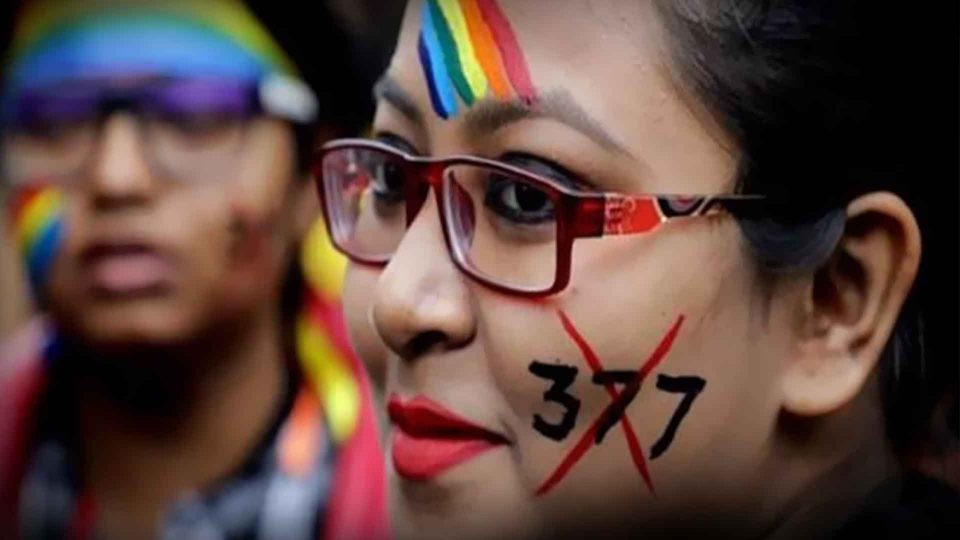NEW DELHI: The Supreme Court has asked the Centre government to file its response to hotelier Keshav Suri’s petition challenging the criminalization of gay sex between two consenting adults.
A bench of Chief Justice Dipak Misra, Justices A M Khanwilkar, and D Y Chandrachud said the petition shall be tagged with a similar joint plea filed by five celebrities which have been placed before a Constitutional bench. “Let a copy of this petition be served on the ASG and the Centre shall file a response within one week”, the bench said.
Keshav Suri, executive director at The Lalit Suri Hospitality Group, had moved to the Supreme Court seeking a declaration that right to choice of sexual orientation is embedded in Article 21 of the Constitution and that criminalization of sexual intercourse between two consenting adults of the same sex is violative of Article 14 of the Constitution.
Senior advocate Mukul Rohatgi Suri represented Keshav Suri while ASG Tushar Mehta appeared for Centre.
The petition said Section 377 IPC is “unconstitutional and incapable of inapplicable to consenting homosexual adults”.
The petition also referred to the judgment of the Supreme Court in NALSA vs Union of India wherein the Supreme Court recognized the third gender and ascertained that they get their due rights and said there exists no rational basis for any person to be criminalized only because of a choice exercised by them in their private life to love and have consensual sexual relations with another individual of the same sex.
The Supreme Court has earlier said that a larger group of judges would revisit and examine the constitutional validity of Section 377 of the Indian Penal Code (IPC), a law that criminalises sexual activities “against the law of nature”.
Section 377 of the Indian Penal Code states, “Whoever voluntarily has carnal intercourse against the order of nature with any man, woman or animal shall be punished with imprisonment for life, or with imprisonment of either description for a term which may extend to ten years, and shall also be liable to fine.”
The Delhi High Court had decriminalised Section 377, but the order was later set aside by a Supreme-Court bench.
As an independent media platform, we do not take advertisements from governments and corporate houses. It is you, our readers, who have supported us on our journey to do honest and unbiased journalism. Please contribute, so that we can continue to do the same in future.

